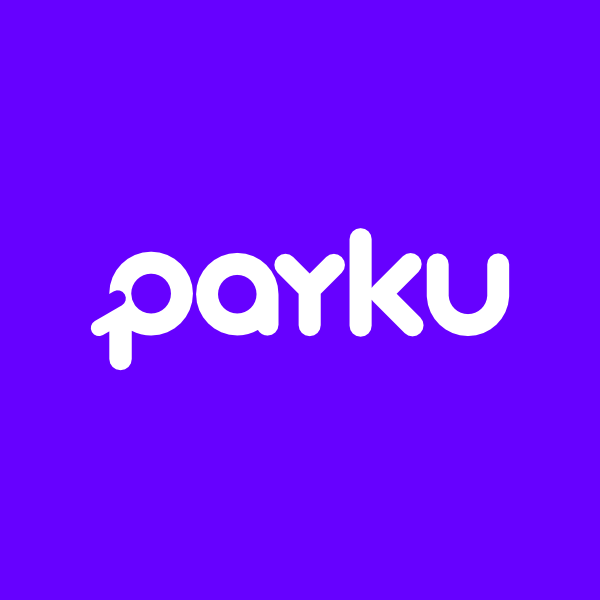Payku

Payku Overview: Chilean Payment Gateway with Local Methods, Subscriptions, and Payouts
Payku is a payment platform designed for merchants that need to accept online payments in Chile and selected LatAm markets. It bundles PayIn and PayOut capabilities with subscriptions, marketplace tools, and ready-made plugins so you can go live quickly while keeping control over payment operations. The official docs outline modules for Chile, plus regional pages for Peru, and include sandbox, authentication, PayIn, PayOut, subscriptions, marketplace, and mall flows.
Supported Payment Methods That Matter in Chile
Payku supports card payments through Webpay, plus popular local alternatives. Its WooCommerce guide shows configuration for Payku Webpay (credit and debit), Multicaja efectivo, Multicaja transferencia, and mentions Khipu and Onepay among the methods that can be presented to shoppers. This gives you a mix of cards, cash vouchers, and bank transfers to improve local conversion.
Subscriptions and Recurring Billing
If you sell memberships or SaaS, Payku’s subscription area lets you create plans and manage stored cards for ongoing charges. The help center provides step by step articles for setting up subscription plans and giving customers a self-service way to update or remove a saved card.
Payouts for Marketplaces and Multi-Vendor Setups
Beyond collecting payments, Payku exposes PayOut endpoints and a Marketplace module so you can organize recipients and disburse funds programmatically. This is useful for platforms, service marketplaces, and businesses that need to split or forward money. The documentation lists dedicated sections for Payment PayOut and Marketplace.
Fast Integration: APIs, Sandbox, and eCommerce Plugins
Payku offers a REST API with token-based authentication over HTTPS, along with a sandbox and test cards to validate flows before going live. Merchants can also integrate without code-heavy work using plugins for WooCommerce and Jumpseller, plus a PrestaShop plugin manual referenced in the help center. This flexibility covers both custom builds and standard store stacks.
Payment Links, Buttons, and Mass Billing
For quick invoicing or social commerce, Payku lets you generate payment buttons and send charge links to customers. There is also a workflow for bulk sending charges from a spreadsheet, which can streamline one-to-many collections. These tools help you capture payments even outside a traditional cart.
Settlement Timing and Pricing Tansparency
Payku’s pricing page groups fees by payment method and lets you choose when to receive your funds. The WooCommerce guide notes that Payku deposits the money to your registered bank account on the next business day, which helps cash flow. For method-specific rates and schedule options, refer to the official tarifas page.
Where Payku Operates
The technical docs include country tracks for Chile and Peru, indicating the platform’s regional availability and that PayIn and PayOut endpoints are documented per country. If you sell across borders, check your specific mix of payment methods and settlement rules for each market.
Merchant Benefits at a Glance
-
Local payment coverage for Chile through Webpay and alternatives like Multicaja and Khipu that many shoppers already trust.
-
Recurring revenue support through built-in subscriptions and card-on-file updates.
-
Platform friendly with PayOut and Marketplace modules to organize recipients and send funds.
-
Low lift integration via official plugins, sandbox, and test cards for reliable QA.
-
Operational clarity with a tarifas page and next business day deposit noted in the integration docs.
-
Documented security posture including PCI DSS Level 1.
Practical Use Cases
-
Ecommerce brands that want to add local options beyond cards to reduce checkout abandonment in Chile.
-
Subscription businesses that need automated plan billing and easy customer card updates.
-
Marketplaces and platforms that must collect from buyers and pay out to vendors or service providers using API controlled flows.
-
Social sellers and B2B invoicing that benefit from payment buttons, single-use links, and mass charge uploads.
Conclusion
Payku is a practical choice for merchants targeting Chile with the flexibility to expand to neighboring markets supported in its docs. You get local methods through Webpay and alternatives, subscriptions, payouts, and marketplace features, plus plugins and a sandbox to speed up deployment, backed by a published security program that includes PCI DSS Level 1.
Payku: Frequently Asked Questions (FAQs)
What is Payku and who is it for?
Payku is a payment platform for merchants that need to accept online payments in Chile and selected LatAm markets. It offers PayIn and PayOut features, subscriptions, marketplace tools, and eCommerce plugins.
Which countries does Payku support?
Payku focuses on Chile and also provides documentation tracks for Peru and Venezuela. Availability and features can vary by country.
Which payment methods can I accept with Payku?
Payku supports cards through Webpay and local alternatives such as bank transfers and cash voucher options offered via partners. Exact methods depend on your setup.
Does Payku support subscriptions and recurring billing?
Yes. Payku includes subscription management so you can create plans, store cards with consent, and bill customers on a recurring basis.
Can Payku handle payouts and marketplaces?
Yes. Payku provides PayOut endpoints and a Marketplace module to register recipients and disburse funds programmatically.
What integration options does Payku offer?
You can integrate via REST APIs with a sandbox for testing, or use plugins for platforms like WooCommerce and Jumpseller. A PrestaShop manual is also available.
When will I receive my funds from Payku?
Payku indicates deposits to your registered bank account on the next business day. Actual timing can vary by payment method and account status.
Where can I find Payku pricing?
Payku lists fees by payment method on its tarifas page. Review the current rates and settlement options before going live.
Does Payku provide a sandbox and test cards?
Yes. Payku offers a sandbox environment with test credentials so you can validate PayIn and PayOut flows before launch.
What security and compliance does Payku have?
Payku publishes a Trust Center and states PCI DSS Level 1 certification, along with documented security policies and monitoring.